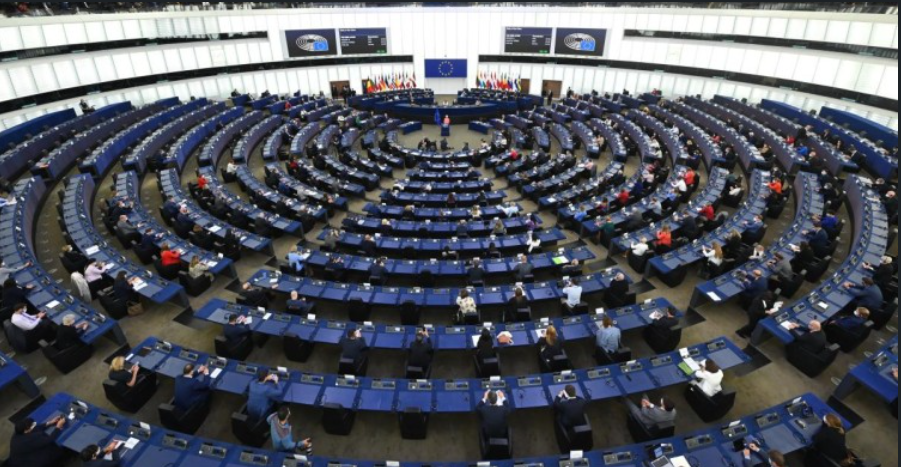 European Parliament in Brussels
European Parliament in Brussels
Nowadays, online platforms have become inevitable, however, these platforms grow and they are being very powerful. the privacy, freedom and fairness of the users are under threat from expanding digital monopolies. Search engines, social networks, and cloud service providers play a very important role, who the experts call “Gatekeepers” because of their ability to control any type of access to their platforms, with at least 45 million monthly active users. Since this threat might cause a serious problem, how will the European Parliament address the power of gatekeepers?
In the premises of the European Parliament, legislation is currently being prepared which consists of two Draft DMA (Digital Market Act) and DSA (Digital Service Act) for the regulation of the digital domain.
The Digital Market Act is a draft proposed by the European Parliament to allow competition between the digital platforms through facilitating market access. Additionally, the Digital Service Act (DSA) will ensure intelligible and transparent rules, rights and obligation. These two proposals, according to Thierry Breton, Commissioner for Internal Market of the European Union, will not push the gatekeepers to stop providing some services to the users. The only concern of the European Parliament via the DMA is to give to the users the freedom of choice.
Since the beginning of their business, Gatekeepers have been able to gather a huge amount of data related to users. Starting from collecting and storing data such as Names, Gender, Age, Location and other data to political preferences and more sensitive personal data. This data and information will be used as input of high-level algorithms that makes the data recognition much easier.
The gatekeepers have the power to act like private rule-makers. These rules sometimes result in unfair conditions for businesses that are using these platforms and less choice for consumers. In addition, these gatekeepers have very strict rules in terms of privacy and who they share the data with.
Regardless of the significant benefits for consumers and innovation that the online platform created, nobody can deny that digital platforms such as marketplaces, social networks and cloud service providers play a key role in the development of the European internal market by facilitating cross-border trading within and outside the European union countries. At the same time, there are several negative consequences that harm the user, society and the economy, such as the trade and exchange of illegal goods, services and content online.
The regulation of these platforms will help to prevent misuse and manipulation of algorithms which can cause a widespread of misinformation.
The European union might restrict gatekeepers in several ways, such as limiting how data from different services can be combined, banning forced single sign-ons, and preventing app stores from conditioning access on the use of the platform’s own payment systems.
The commission in charge consulted a wide range of stakeholders in preparation of this legislative package. These stakeholders included the private sector, users of digital services, civil society organizations, national authorities, academia, the technical community, international organizations and the general public. Several additional consultations were also conducted to fully gather stakeholder proposals on issues related to digital services and platforms.
Sanctions related to DMA may be considered harsh from the point of view of the European Parliament. Fines can be up to 10% of the global turnover, and structural separation in case of a systematic non-compliance. And about DSA; Fines of up to 6% of global turnover; in extreme cases: restriction of access to the platform.
Many tensions will arise in the future between the gatekeepers including GAFAM (Google, Amazon, Facebook, Apple and Microsoft), the Commission and the European Parliament, and the other stakeholders. In addition, the digital economy is more systemic, and any regulation of these big companies can have many significant side effects on the digital economy and therefore across all sectors.

By Mounib Mrani
Strategy & Transformation Consultant
Alton Morocco
